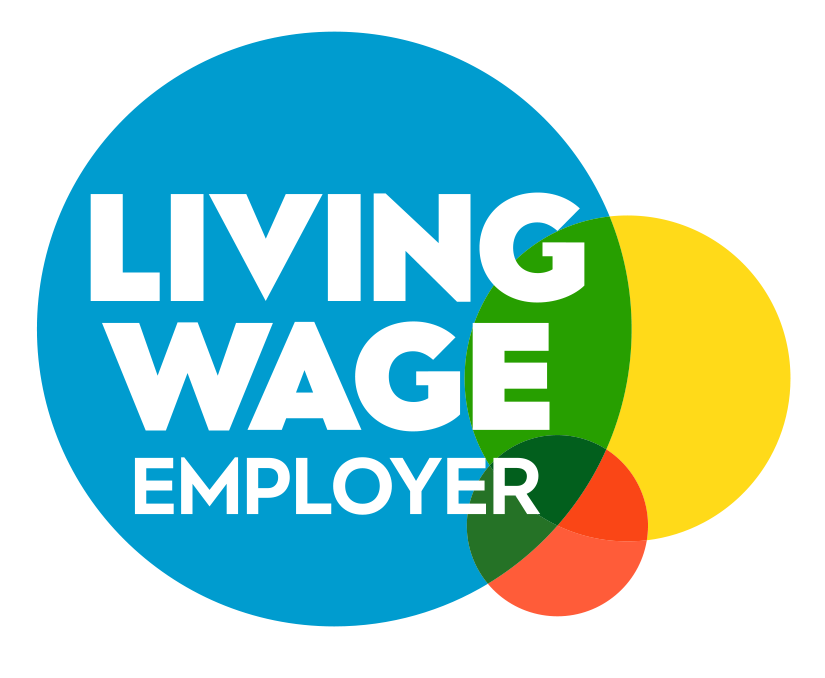It’s common knowledge that most people will set themselves New Years resolutions only for them to be forgotten or abandoned potentially leading to feelings of failure. Well this post is to help you organise your resolutions using goal setting theory to help you stay on track!

Top Tips for goal setting!
Make your goal specific
Vague goals, for example “lose weight” or “read more, are far more likely to be abandoned. Instead of the vague goal of “get fitter” set yourself a specific goal that would help you get fitter in attaining it. So rather than get fitter, try “run a 10-minute mile”, “complete a sporting challenge” or “deadlift 50kg”. In that example, this kind of goal will take training to achieve, that training will improve your fitness and the measurable outcome of your training will give you a far bigger sense of achievement.
Goals must be difficult but attainable
If you are setting the goal “walk on the moon” you are setting yourself up for failure and that’s not going to feel good. Just like if you are setting the goal to master a new skill that it is known to take years to master…again, you are setting yourself up for disappointment. However, on the other end of the scale, if your goal isn’t challenging then research suggests it is more likely to be forgotten or abandoned. So be sure to challenge yourself…but within reason!
Goals must have a deadline
Research suggests that goals with a deadline are more likely to be reached than those without. If there is no time limit on when the goal must be achieved, then how will you find the motivation to get it done?
Outcome goals and Process goals
When it comes to actually getting started on your New Years resolutions, they can suddenly seem a little intimidating and potentially unachievable. Therefore, as well as the big end goal or “outcome goal” we also need to break down this journey into baby steps or “process goals”. These will have a shorter time scale on each of them and be like the steppingstones to achieving your outcome goal, each time one of these is achieved you will find yourself enjoying the sense of achievement and far more motivated to achieve the next one. So for example if your outcome goal is to” run a 10-minute mile” then you might break this down into baby steps such as after the first month: “I will aim to walk at a brisk pace for 30 minutes straight” then developing into “I will aim to jog for 5 minutes straight”, developing into “I will aim to run a mile” and so on. Using this kind of process breaks the intimidating goal into more achievable baby steps making it far easier to stick to.
Process goals can also be a little more flexible, if you find out you set one that was a little too big of a jump you can adjust the next process goal to be more realistic, or if you find you’ve achieved a process goal far sooner than expected you can adjust the process goals to be a little more challenging. Remember, not reaching a process goal is not a failure it’s a part of learning!
Barriers and Strategies
Another good idea is to point out any potential barriers you think may come up in reaching your process or outcome goals. To continue with our example goal “run a 10-minute mile” you might be aware of a particularly busy week coming up that, without pre-organising, might push your exercise and training to one side. By predicting any potential barriers, you can then plan strategies for how to deal with these kinds of situations. So if you think a busy week might be a problem give yourself 10 minutes the weekend before to sit down and schedule exactly when you are going to make the time for your training whether that’s getting up 30 minutes earlier or pre-preparing your meals so you don’t have to spend as long cooking.
Try applying all these tips taken from scientific psychological research into goal setting theory to smash your 2020!

Locke, E. A., & Latham, G. P. (2006). New Directions in Goal-Setting Theory. Current Directions in Psychological Science, 15(5), 265–268.
Locke, E. A., & Latham, G. P. (Eds.). (2013). New Developments in Goal Setting and Task Performance. Routledge.
Lunenburg, F. C. (2011). Goal-Setting Theory of Motivation. International Journal of Management, Business, and Administration, 15(1).






